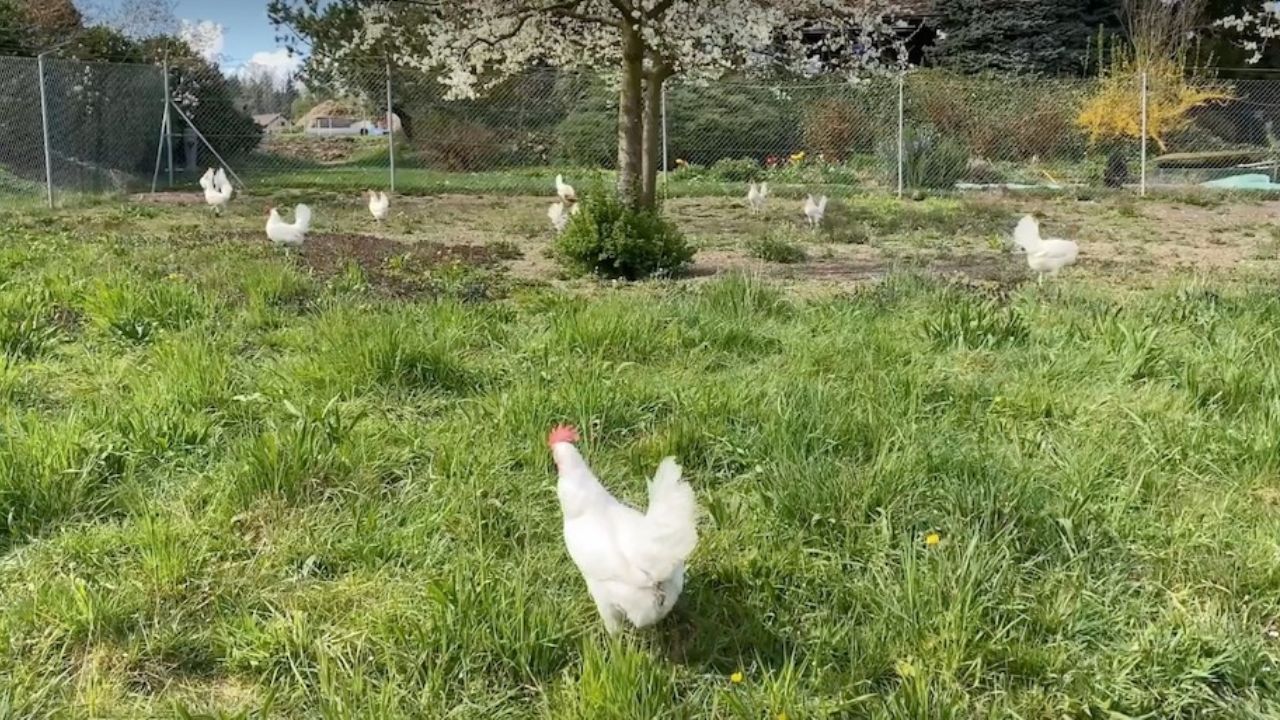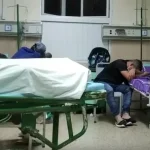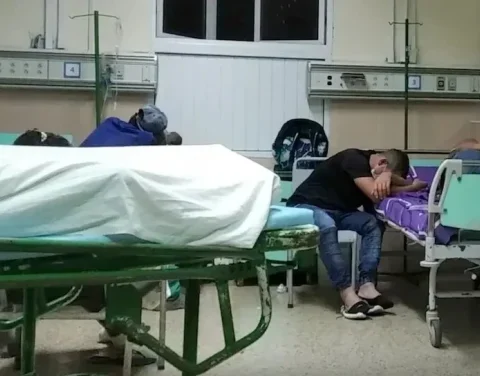According to the FAO (Food and Agriculture Organization of the UN), chicken is the most consumed meat “for being affordable, low in fat, and facing few religious and cultural restrictions.” The demand is such that it is estimated that there are 23 billion chickens on the planet, three times more than the entire human population. In Chile, according to a report from the Chilecarnes union, the per capita intake of chicken went from 31.7 kilos to 32.1 from 2020 to 2021, while for turkey the record rose from 2.6 to 2.9 kilos.
In terms of health, the most common diseases in poultry for production are of bacterial origin, mostly intestinal, so many countries still use families of antimicrobials, such as fluoroquinolones, cephalosporins, macrolides and even anticoccidials, for their treatment. “The administration works with small doses so that the animals gain more weight, changing the intestinal microflora and improving the absorption of nutrients. However, more and more voices criticize the use of antibiotics in animals, asking to reduce it or replace it with natural products”explains the veterinarian from Plantae Labs, Sebastián Decap.
The World Health Organization has warned that 80% of the intake of antibiotics occurs in animals for production, a scenario where their irrational, sub-therapeutic use or in those who do not need it, facilitates the proliferation of multi-resistant bacteria, which upon reaching humans cause diseases intractable with traditional antibiotics, thus resorting to the latest generation or, in the worst case, to the development of a new solution, but in record time.
“Today most developed countries prohibit the use of antibiotics as growth promoters in animals. Following a ruling by the European Union in 1996, Denmark and Scandinavia began to do so, followed by Norway and the Netherlands, just to mention. In Chile, the largest poultry companies have partly assumed the change, but progress remains to be made. Last March, the Agricultural and Livestock Service (SAG) prohibited the use of 17 antimicrobials for veterinary use, antibiotics categorized by the WHO as critical for human health; however, other types of antimicrobials, such as ionophores, continue to be used continuously” comments the professional.
In Chile, the biotech company Plantae Labs (2017) has just launched “Phyto-Growth”an industrial solution based on endemic plant extracts that replaces the use of antibiotics in birds, causing a direct effect against the pathogen and an indirect effect on the organism, such as the stimulation of the immune system or an antioxidant action. “Our technologies offer a proprietary encapsulation technique that enhances and allows the active ingredients to specifically reach the sites of action. We have been selling solutions based on natural active compounds in the world for years and now we want to revolutionize the Chilean poultry industry by improving bird health”indicates Decap.
Plantae Labs solutions in poultry farming have been validated by more than 20 trials, including that of Southern Poultry Research, a world reference center; In addition, 15 countries use them, including: Colombia, Mexico, Canada, the Netherlands, Belgium, the Czech Republic, Austria, Germany, South Korea, Thailand, Malaysia, Australia, the Philippines and the United States, in the latter with a participation of 10% on the market.

















